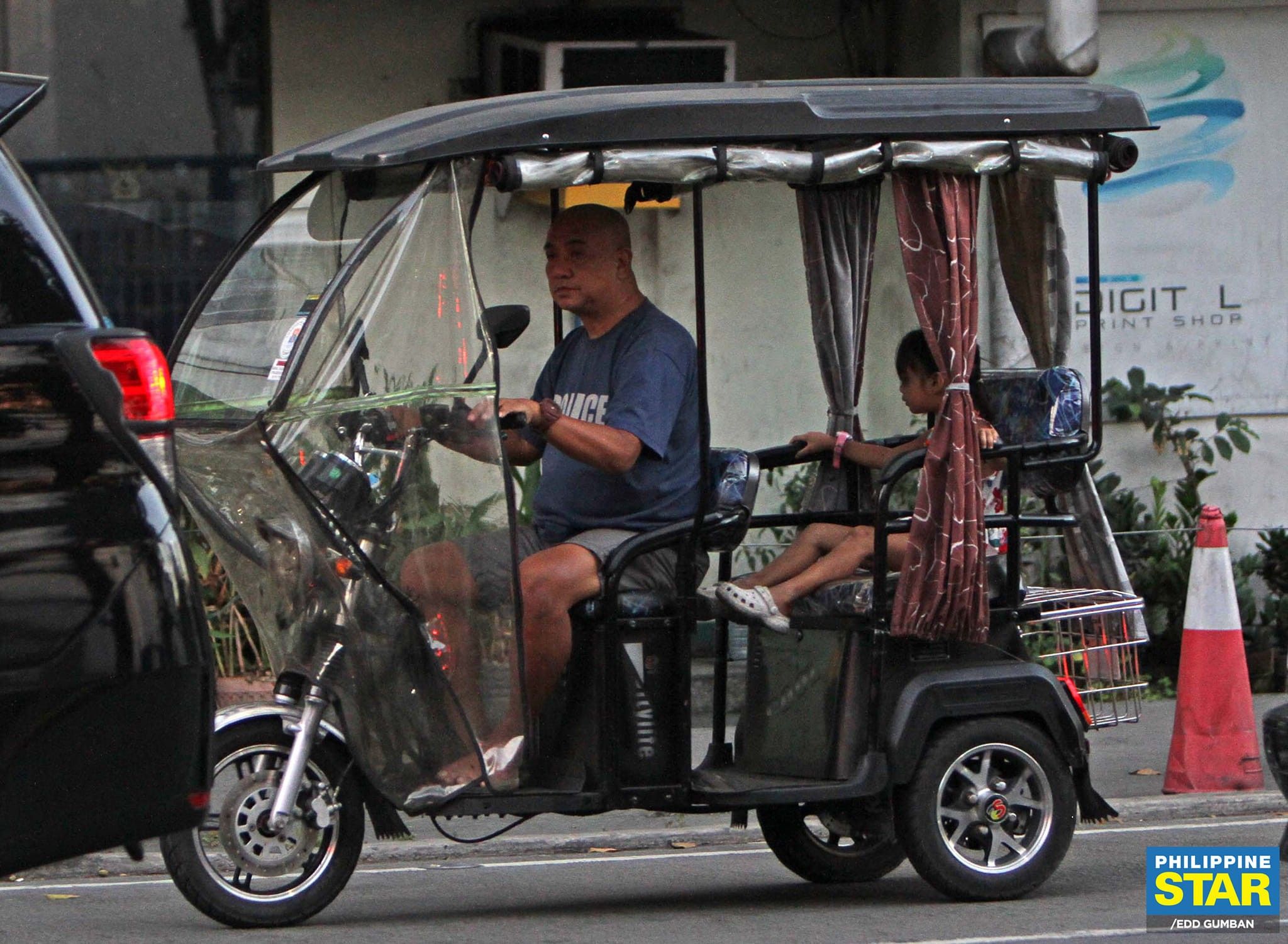LIST: Major roads covered by 'e-vehicle ban' penalties

MANILA, Philippines — The Metro Manila Council has passed a resolution penalizing the operation of e-vehicles in major roads within the jurisdiction of the Metropolitan Manila Development Authority (MMDA), citing safety issues due to the lack of licenses by its drivers.
MMDA acting chairperson Don Artes and San Juan City Mayor Francis Zamora, who stands as MMC's president, shared the news with the media on Wednesday after attending a meeting to discuss matters within the National Capital Region (NCR).
"The penalty for these e-trikes who will use national roads and thoroughfares under the jurisdiction of MMDA is P2,500. We will also require drivers to have licenses," said Artes in a press conference in Filipino.
"Violators of the MMC resolution have no licenses... will have their e-vehicles impounded."
The MMDA has enumerated a list of roads where the MMC will take effect:
- C1: Recto Avenue
- C2: Pres. Quirino Avenue
- C3: Araneta Avenue
- C4: Epifanio delos Santos Avenue
- C5: Katipunan/C.P. Garcia
- C6: Southeast Metro Manila Expressway
- R1: Roxas Boulevard
- R2: Taft Avenue
- R3: South Luzon Expressway (SLEX)
- R4: Shaw Boulevard
- R5: Ortigas Avenue
- R6: Magsaysay Blvd/Aurora Blvd.
- R7: Quezon Avenue/Commonwealth Avenue
- R8: A. Bonifacio Avenue
- R9: Rizal Avenue
- R10: Del Pan/Marcos Highway/McArthur Highway
- Elliptical Road
- Mindanao Avenue
- Marcos Highway
LOOK: MMDA releases list of major roads where e-trikes and e-bikes will be prohibited, following the passage of a resolution by the Metro Manila Council. Violators will be slapped with a P2,500 fine possibly by April. @PhilstarNews
— James Relativo (@james_relativo) February 28, 2024
???? @MMDA pic.twitter.com/0iUusWAhfw
Artes said that they will now circulate the MMC resolution to Metro Manila mayors to have it signed and published. Following that, there is a mandatory waiting period of 15 days before it takes effect. The Land Transportation Office is also set to release guidelines on Thursday reguarding the matter.
An information campaign will also be carried out to make sure that motorists know of the new regulation. Local government units (LGUs) are also tasked to enact their own ordinances to align with the resolution.
"Maybe by April," Artes replied when asked about the effectivity of the resolution.
'A safety issue'
Zamora said that the main purpose of the new regulation is to prioritize the safety of everyone, especially since many e-vehicle users do not possess licenses.
"When you have no license, it only means that you did not undergo enough training when it comes to skills of driving these vehicles on these roads," said the mayor and MMC president.
"We even have a video of a person, who looks like a grade school kid, driving an e-trike that carries fellow children. Is this what we want in our roads?"
Since LGUs have local autonomy, they are currently tasked to identify roads within their jurisdiction wherein e-vehicles will be banned. This will form part of the ordinance they will craft.
Zamora also said that those who will be caught without vehicle registration and licenses on identified roads will result in two violations.
Artes for his part also shrugged off comments from some that the measure could be "anti-poor," saying that same regulations also apply to car and motorcycle owners.
Question of mobility
While the resolution was met with jubilation by some, it also earned the scrutiny of transportation advocates.
According to Ira Cruz, director for AltMobility PH, the identified roads currently offer direct access to destinations — citing a problem that could arise in terms of public mobility.
"Back to basics: In order to improve mobility for all, we must open additional modes outside of private vehicles; Forcing people to take circuitous routes is the exact opposite," he said in a tweet.
- with the exception of the expressway, these are roads that offer direct access to destinations.
— Ira Cruz (@iracruz) February 28, 2024
Back to basics: In order to improve mobility for all, we must open additional modes outside of private vehicles; Forcing people to take circuitous routes is the exact opposite. https://t.co/eI0P07adHu
- Latest
- Trending

































